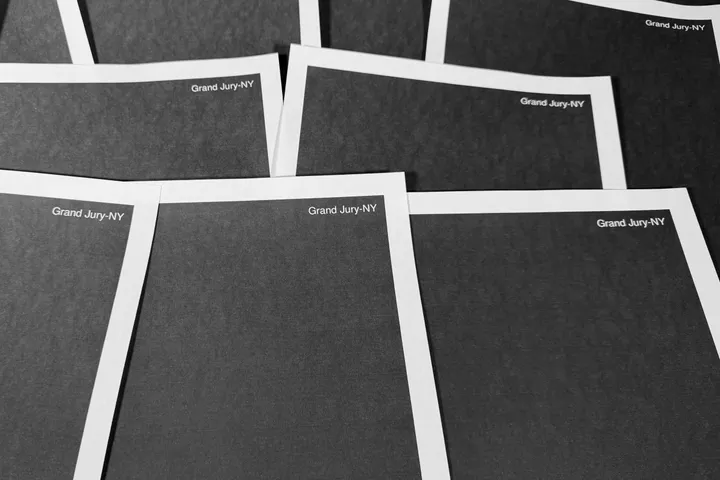Two armed ethnic groups signed a ceasefire in Myanmar on Tuesday in a move which the government hopes will revive a flagging peace process dogged by continuing fighting and widespread distrust of the army.
The New Mon State Party (NMSP) and Lahu Democratic Union (LDU) inked the National Ceasefire Agreement in the capital Naypyidaw, joining eight other militias who had signed before Aung San Suu Kyi took office.
Global attention has focused on the plight of some 700,000 Rohingya Muslims forced out of western Myanmar into Bangladesh by a brutal military campaign.
But the crisis in Rakhine state is just one of some two dozen conflicts festering around the country's borderlands, where ethnic rebels have for decades fought the state for more autonomy.
Suu Kyi, whose official title is State Counsellor, made peace her top priority when her civilian administration took office in 2016 to end five decades of military domination.
But there has been little to show for the effort, with swathes of drug-producing ethnic areas still riven by unrest that has displaced tens of thousands.
Ceasefire agreement welcomed
Suu Kyi welcomed the national ceasefire agreement at Tuesday's colourful signing ceremony attended by government officials, the army chief and ethnic representatives in traditional clothes.
It was the key to unlocking national unity, she said.
She conceded that the "light of peace ... cannot cover the whole country," adding "our country is facing a lot of pressure and criticism from the international community" – an apparent reference to the outcry over the Rohingya.
Tuesday's signatories have not actively clashed with the army for some time but were part of a bloc of powerful rebel armies that resisted signing the ceasefire pact under the former military-backed government.
Among several groups which have not signed the peace agreement is the Kachin Independence Army or KIA, which is one of Myanmar's most powerful militias and has clashed regularly with the military since 2011, when a 17-year-old ceasefire broke down.
"We believe in Daw Aung San Suu Kyi but we'll have to see what happens on the road ahead, because the government and the military are not very united," LDU chairman Kya Khun Sar said before the signing.
Myanmar’s army chief Min Aung Hlaing, however, said that the military will "honestly, hopefully, faithfully and enthusiastically carry the eternal peace through."
Army wields substantial control
The army no longer rules directly but still controls the key home affairs, borders and defence ministries as well as a quarter of parliamentary seats.
This gives it a full say over security operations around the country, denying Suu Kyi's civilian administration some pivotal powers.
That has sparked skepticism over Suu Kyi's "21st Century Panglong" peace talks, named after the agreement signed by her independence hero father that promised autonomy to major ethnic groups before independence from Britain in 1948.
Myanmar's patchwork of ethnic groups make up around a third of the population, but the government and military have long been dominated by the majority Bamar ethnic group to which Suu Kyi belongs.
She has been much maligned internationally for her failure to speak up on behalf of the Rohingya Muslims, but her stance has proved popular domestically.
























